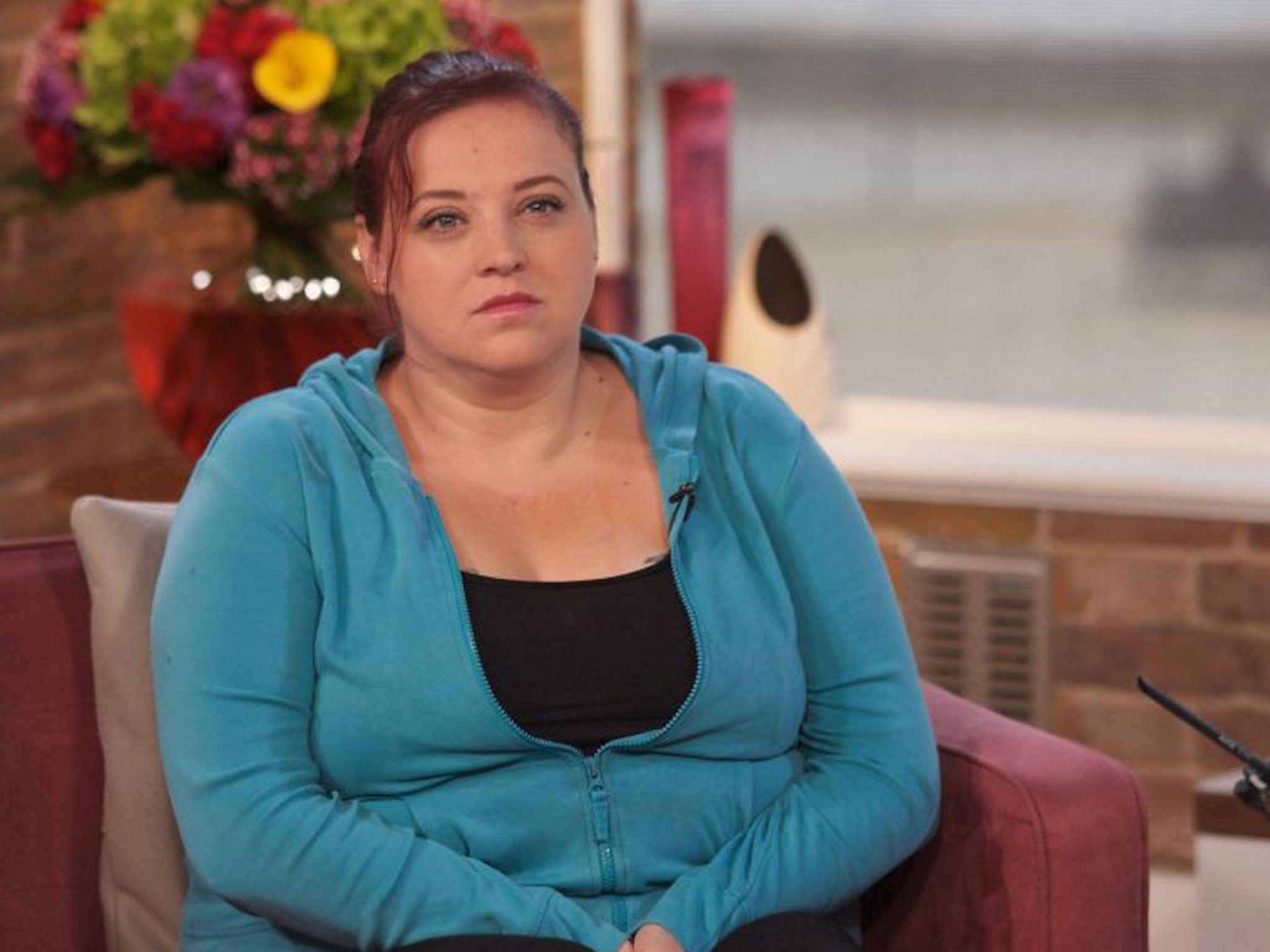Five ways the state could discourage people on benefits from having large numbers of children
Charlie Cooper looks at the pros and cons of changing how welfare is paid to those with most children

Your support helps us to tell the story
From reproductive rights to climate change to Big Tech, The Independent is on the ground when the story is developing. Whether it's investigating the financials of Elon Musk's pro-Trump PAC or producing our latest documentary, 'The A Word', which shines a light on the American women fighting for reproductive rights, we know how important it is to parse out the facts from the messaging.
At such a critical moment in US history, we need reporters on the ground. Your donation allows us to keep sending journalists to speak to both sides of the story.
The Independent is trusted by Americans across the entire political spectrum. And unlike many other quality news outlets, we choose not to lock Americans out of our reporting and analysis with paywalls. We believe quality journalism should be available to everyone, paid for by those who can afford it.
Your support makes all the difference.Whether or not one accepts a link between the Philpott case and the argument for welfare reform, the tragedy has focused attention on one of the most difficult questions in modern politics: how the state should discourage people on benefits from having large numbers of children and expect the welfare system to pick up the bill.
Many different strategies have been proposed or attempted to control family size in this country and overseas.
Although the most extreme solutions are thankfully confined to a lunatic fringe, ideas once considered drastic are now being embraced by the Government – and some are already on their way in the UK. Here are five approaches – from keeping the laissez-faire to the radical.
Maintain the status quo:
The problem of large families is a relatively small one. Of 1.35 million families in the UK that claim out-of-work benefit, there are only 190 with more than 10 children.
The idea of a nation of people “breeding” children for the welfare payment they represent is a gross exaggeration, whichever way you look at it. Children’s charities argue that, whatever the rights and wrongs, it is children who suffer when benefit payments are cut.
Pros: With 3.6 million children in the UK already in poverty (in a household earning less than 60 per cent of the average wage) would prevent cuts to benefits driving more children beneath the breadline.
Cons: does not address concerns that many are using children to exploit the welfare state.
Docking benefits when children miss school:
One proposed policy, already in place in some US states, is for the parents of children who miss school to be docked benefits. In Michigan, parents whose children play truant for ten days see their social security cut.
In the UK, a senior government advisor suggested that the UK employ a similar strategy, extracting truancy fines from family’s state benefit.
Pros: encourages parents to be responsible for children’s education, without automatically removed their child benefit.
Cons: does not address issues of welfare dependency.
Capping benefits:
A policy that is about to come into force in four London boroughs and will soon be rolled out nationwide, is that total benefits payments will be capped at £500 a week, or £26,000 per year for families of all sizes. The aim of the policy is to “make work pay” by bringing maximum benefit payments below the average full time salary.
However, the impact is expected to be predominately felt by large families, who make up the largest number of people currently receiving benefits above the cap. 73 per cent of households affected have three or more children.
The Institute for Fiscal Studies said in its Green Budget 2013 that the policy may have an impact on fertility rates “since the cap will effectively reduce the state financial support for some large families”.
Pros: tackles the problem of families having children for the sake of the benefit they bring while also encouraging people into work.
Cons: will cut the income of families by an average £93 per week – plunging many into poverty.
Cutting the number of children eligible for benefits:
An idea that would once have been considered extreme now has the backing of senior Conservatives and is being considered by Iain Duncan Smith, the Work and Pensions Secretary. David Davis, a former Tory leadership challenger, has said in the wake of the Philpott case, that there is “a strong argument to restrict child benefit whether it is to two, three or four children”, although he added that policy should not be made “on the back of one story”.
His words echo Mr Duncan Smith last year, when he suggested that he would consider capping benefit payments for new claimants after the birth of the first two children – a scheme that was dubbed the “two-child policy” and earned comparisons to China’s population control methods. Charities said any such move would have “a devastating impact on children”.
Pros: directly targets the problem of families having children for the sake of the benefit award they bring.
Cons: will unfairly penalise the children of families that exceed the cap.
One-child policy:
Although aimed at stemming the population rather than reducing the welfare bill, China’s one-child policy is a real-world example of how state-control over family planning can be implemented. However, recent figures revealed that the policy had been responsible for 336 million abortions and 196 million sterilisations.
Pros: a legal limit on the number of children could cut the welfare bill.
Cons: is almost as bad an abuse of human rights as sterilisation. Will force thousands to have compulsory abortions.
Join our commenting forum
Join thought-provoking conversations, follow other Independent readers and see their replies
Comments